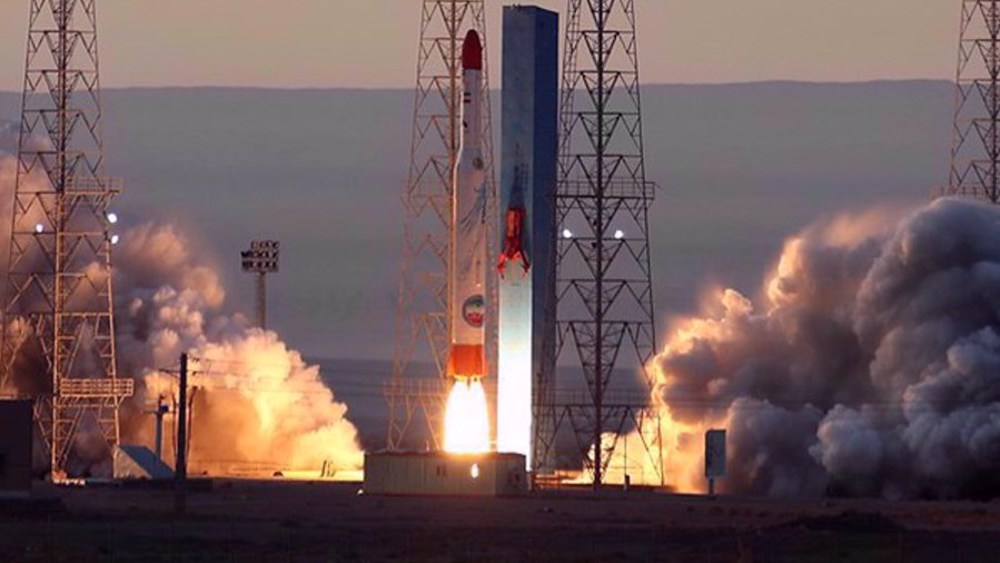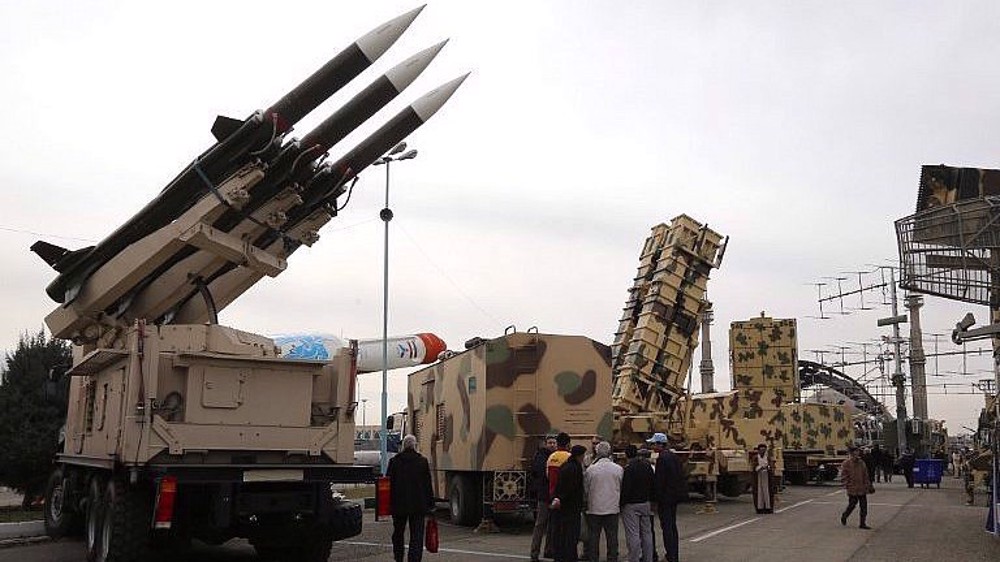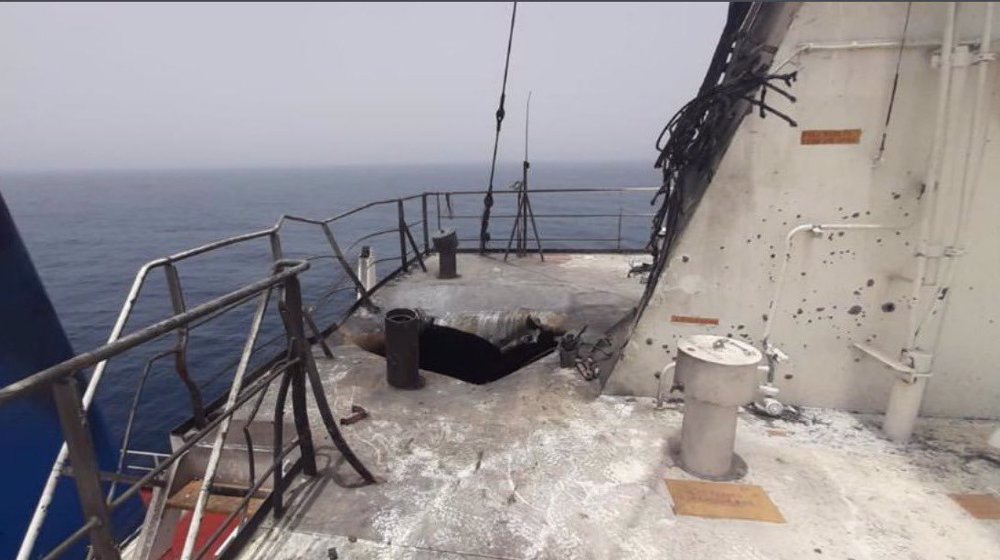Crushing response awaits violation of Iran’s airspace: Air defense commander
Commander of the Iranian Army’s Air Defense Force Brigadier General Alireza Sabahi-Fard has warned the enemies against any violation of Iran’s airspace, saying a crushing response awaits the offenders.
Inspecting an air defense center in the southern port city of Jask on Monday, Sabahi-Fard said the Armed Forces, especially the Air Defense Force, are guarding Iran’s air, sea and land borders in full synergy and with high power.
Noting that even the smallest moves of the enemy are being monitored round the clock, the commander warned, “Even the smallest violation of our country’s airspace will be met with the crushing response of the Army’s Air Defense Force.”
“The use of fully-indigenous [military] achievements and systems, made on the basis of the ideas and through the efforts of the young scientists of our country, is definitely a thorn in the side of the enemies.”
The Iranian commander said the enemies know that Iran’s air defense systems, which take advantage of completely indigenous cutting-edge radar and missile systems, are now much stronger than ever before.
“Independence and self-sufficiency in the field of arms and weaponry have created a considerable deterrence capacity against the excessive demands of the enemies.”
There has been a dangerous escalation in the region in recent weeks against the backdrop of a suspected drone attack last week that targeted an Israeli-managed tanker – Mercer Street – off the coast of Oman.
The regime in Tel Aviv and its Western allies, Britain and the United States, accuse Iran of orchestrating the attack. Tehran says the “baseless” and “childish” accusation is vehemently rejected.
London and Washington, the two key Western allies of Israel, have fully thrown their weight behind Tel Aviv, calling for an “appropriate response.”
Earlier in the day, the Iranian Foreign Ministry termed the security of the Persian Gulf as its “red line,” while denouncing “baseless accusations” by British government officials against Tehran over recent incidents in the regional waters.
In recent months, several other Israeli ships have come under attack on various maritime routes across the globe.
Last month, a fire broke out on an Israeli-owned cargo ship after it was struck by an “unidentified weapon” in the northern Indian Ocean. Lebanon’s al-Mayadeen television network said at the time that the Israeli vessel had been en route to the coast of the United Arab Emirates when it was attacked.
The maritime incidents come against the backdrop of the Israeli regime’s various assaults on cargo ships across the Persian Gulf region and elsewhere.

Trump's war rhetoric against Iran to impose heavy costs on US and allies: Analyst

US announces new sanctions targeting Iran’s drone program

Iran to inaugurate second phase of Chabahar spaceport
Rafah 'wiped off the map' by Israel's ethnic cleansing campaign
VIDEO | Yemen accuses US of targeting civilians in Eid airstrike
Iran posts $14.6bn trade deficit for calendar year to late March
VIDEO | Ukraine: The US U-turn that knocked out Europe
US revokes all visas held by South Sudanese passport holders
Iran embassy condemns Netanyahu’s visit to Hungary, calls Israel ‘threat to world peace’
Iran will stand up to bullying: Top general outlines Leader’s reply to Trump’s letter
US rights group slams Western countries for ‘perpetrating genocide’ in Gaza









 This makes it easy to access the Press TV website
This makes it easy to access the Press TV website